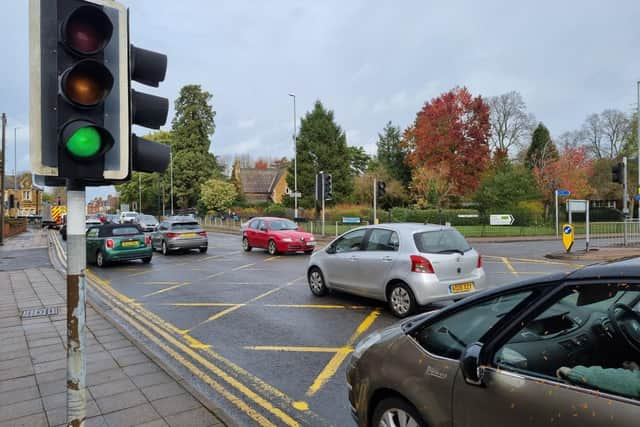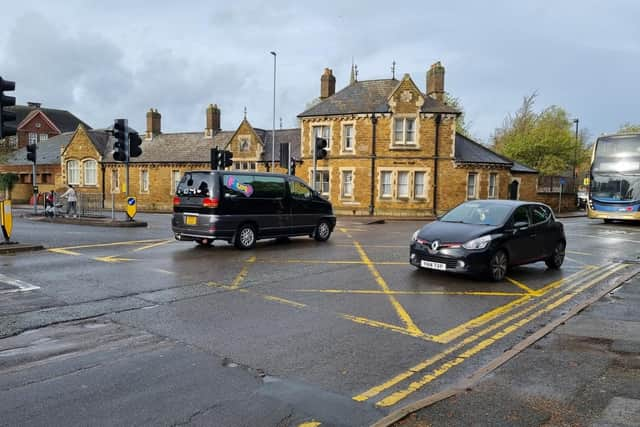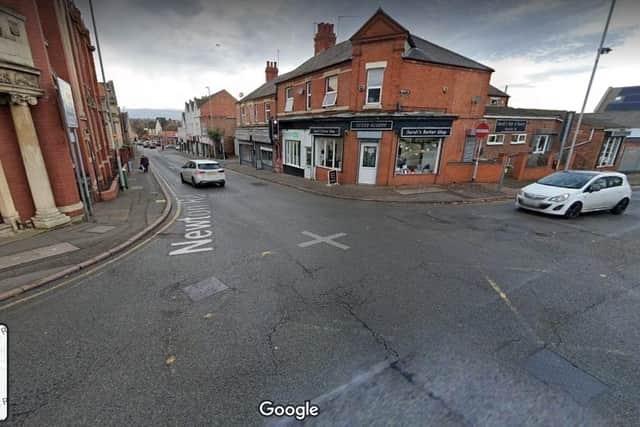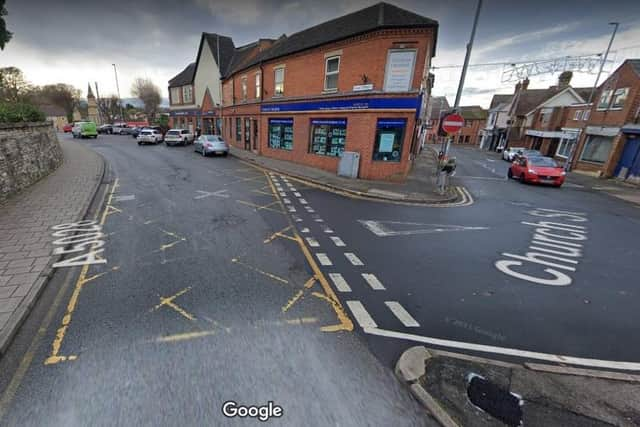Where traffic enforcement cameras could be used as North Northamptonshire Council looks to fine law-breaking drivers
and live on Freeview channel 276
Drivers flouting the laws at junctions in our towns could soon be fined by North Northants Council (NNC) following a change in legislation.
People are being asked for their views on a proposal for NNC to be able to enforce traffic offences involving moving vehicles to ‘free up’ police.
Advertisement
Hide AdAdvertisement
Hide AdThe Department for Transport has changed legislation to enable councils to apply for the powers to enforce against moving traffic contraventions, which are currently held by the police.


NNC wants to be amongst the first local authorities outside London with powers to enforce moving traffic offences so ANPR (automatic number plate recognition) cameras can be used to catch offenders and send out fines.
Cllr Graham Lawman (Con), NNC’s executive member for highways, travel and assets, said: “We have always been able to set many of the traffic regulations locally, but now we are able to use our local knowledge to direct enforcement where it is most needed; at the same time freeing up police resources.
“Quite often, significant congestion in our towns and elsewhere can be caused by what might seem like a minor offence, but, as we all know, it can have a major impact on road safety, journey times and air pollution.
Advertisement
Hide AdAdvertisement
Hide Ad“As the authority with responsibility for highways, acquiring these powers will give us the flexibility to enforce where we know it will make the biggest difference – freeing up junctions and making life better where HGVs ignore weight restrictions.”


A consultation will seek views on offences including:
- ignoring no entry or no turning signs
- entering yellow box junctions with no clear exit
- stopping on school ‘keep clear’ markings


- driving where and when motor vehicles are prohibited, including heavy goods vehicles
- driving the wrong way up one-way streets or driving on routes for buses and taxis only
The new enforcement powers would apply across north Northamptonshire and add to the powers the council already has to address dangerous or illegal parking and bus lane contravention.
Advertisement
Hide AdAdvertisement
Hide AdIf the proposal goes ahead, NNC has identified specific sites they think the powers would be of ‘benefit’ – yellow box junctions that get repeatedly blocked causing tailbacks and delays.


NNC has said four junctions are of particular concern:
Kettering – London Road/St Mary’s Road
Kettering – London Road/Bowling Green Road
Rushden – High Street/Church Street
Rushden – Newton Road/Rectory Road
Cllr Jason Smithers (Con), leader of NNC, said: “A free-moving highways network is important in so many ways and being able to facilitate this ambition makes sense. We need to manage the road network effectively to ensure we maximise safety and efficiency.”
The consultation, which will will close at midnight on Sunday, December 18, is now open and people are invited to have their say online at: https://northnorthants.citizenspace.com/highways/moving-traffic-offences.
After the consultation, the council will use information gathered in the consultation to inform an application to the Department for Transport.
Advertisement
Hide AdAdvertisement
Hide AdBefore a decision is made the council would also need the proposals to be approved by its executive.
Any future additional enforcement proposals would require their own separate public engagement before they could be implemented.